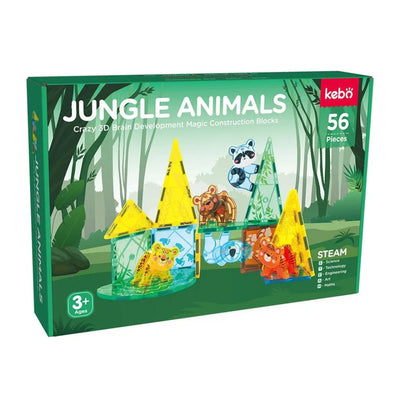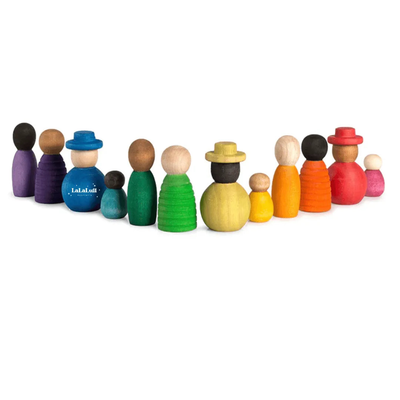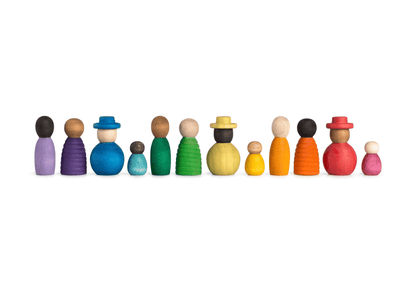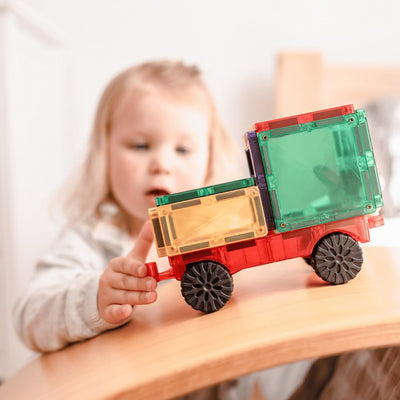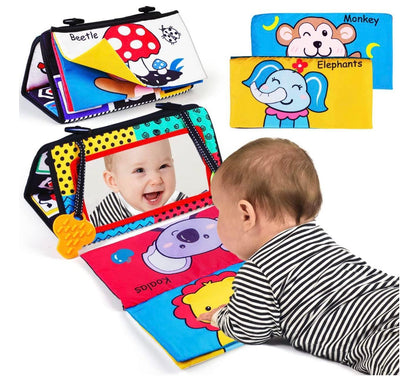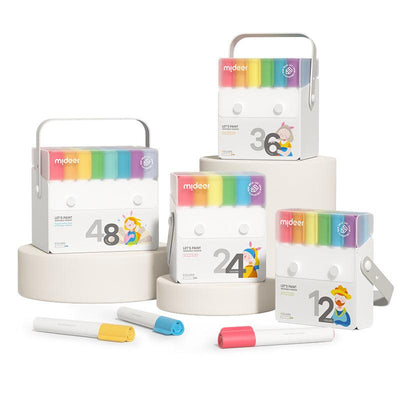Pretend play, also known as imaginative play, is a vital aspect of early childhood development. It's a type of play where children use their imagination to create scenarios, roles, and narratives, often involving objects, toys, or even other people. This form of play allows children to explore different aspects of the world around them, experiment with social roles, and develop various cognitive and social skills.
What is Pretend Play?
Pretend play involves children acting out scenarios and adopting roles different from their own. This can range from playing house, pretending to be superheroes, or even creating an imaginary world with their toys. Through these activities, children engage in storytelling, role-playing, and problem-solving, which are crucial for their overall development.
How Does Pretend Play Help Development?
Pretend Play is instrumental in several areas of a child's development:
-
Cognitive Development:
- Problem-Solving: Children encounter and solve problems within their imagined scenarios, enhancing their critical thinking skills.
- Language Skills: Engaging in pretend play often involves dialogue, which helps improve vocabulary, sentence structure, and communication skills.
- Creativity: By imagining different scenarios and outcomes, children develop their creative thinking abilities.
-
Social Development:
- Social Skills: Pretend play often involves interactions with other children, teaching cooperation, negotiation, and turn-taking.
- Empathy: By taking on different roles, children learn to see things from others' perspectives, fostering empathy.
- Emotional Regulation: Pretend play provides a safe space for children to express and manage their emotions.
How to Encourage Pretend Play?
Encouraging pretend play can be simple and fun:
- Provide Props and Toys: Items like dolls, action figures, kitchen sets, and dress-up clothes can spark imagination.
- Create a Play Space: Designate an area where children can freely play and use their imagination without restrictions.
- Join In: Participate in pretend play with your child. This not only encourages them but also strengthens your bond.
- Read Stories: Books can serve as a great source of inspiration for pretend play scenarios.
Is Pretend Play a Sign of Autism?
While pretend play is a typical part of childhood development, the way children engage in pretend play can vary. Some children with autism may have difficulty with pretend play due to challenges with imagination, social interaction, and communication. However, the absence or difference in pretend play alone is not a definitive sign of autism. It's essential to consider other developmental factors and consult with a healthcare professional if there are concerns.
Is Pretend Play Important?
Yes, pretend play is highly important for a child's development. It supports cognitive, social, and emotional growth, preparing children for real-life situations and helping them build essential skills for their future.
What Age Does Pretend Play Start?
Pretend play typically begins around the age of 18 to 24 months. At this stage, children start to imitate actions and roles they observe in their daily lives, such as pretending to cook or taking care of a baby doll.
What Age Does Pretend Play Stop?
There is no specific age when pretend play stops, as it evolves with a child's development. While younger children (2-7 years) engage in more fantasy-driven play, older children and even teenagers might continue to engage in role-playing games, imaginative storytelling, and creative activities that stem from early pretend play.
Conclusion
Pretend Play is a crucial part of childhood that significantly enhances cognitive and social skills. By understanding its importance and actively encouraging it, parents and caregivers can support their children's overall development and prepare them for future challenges

